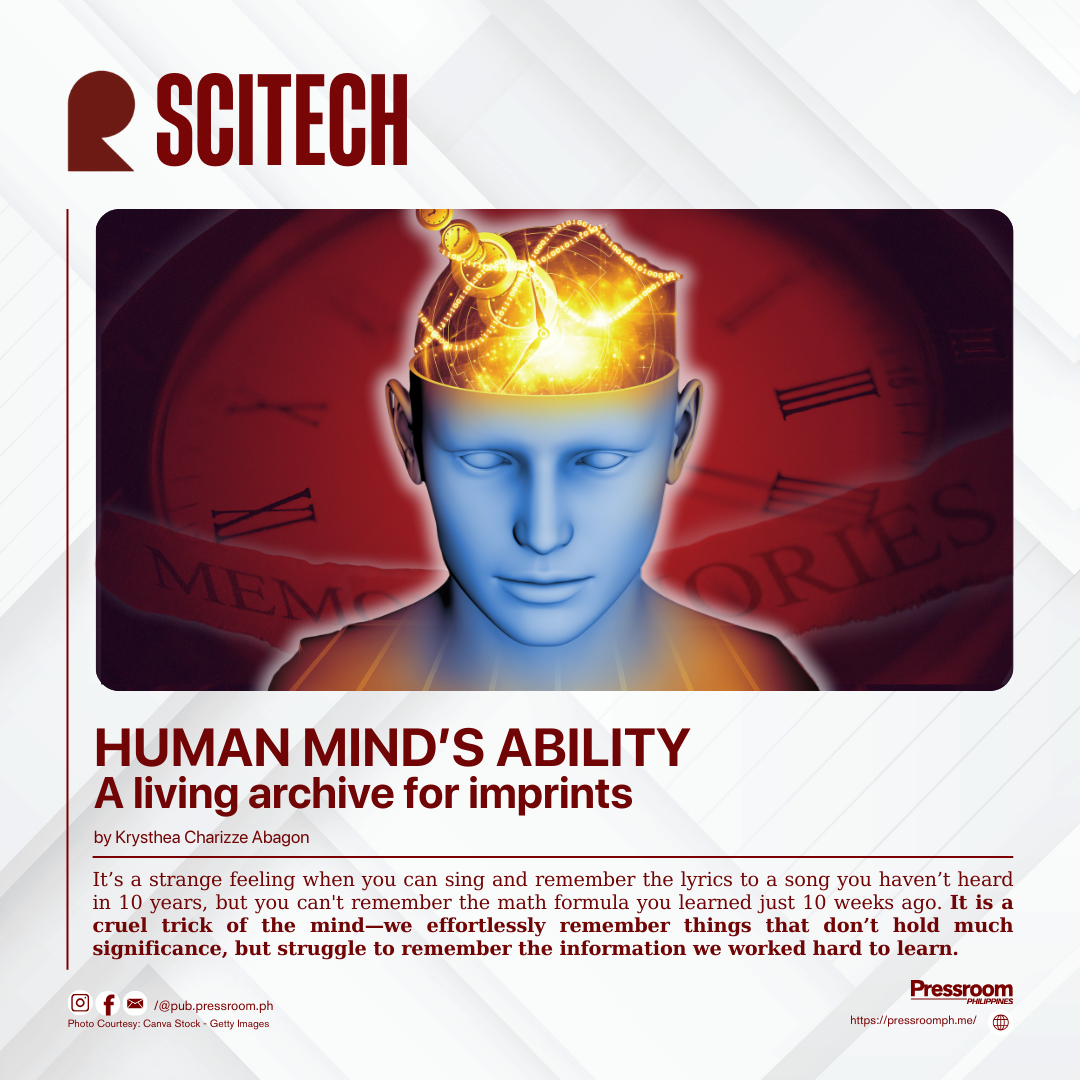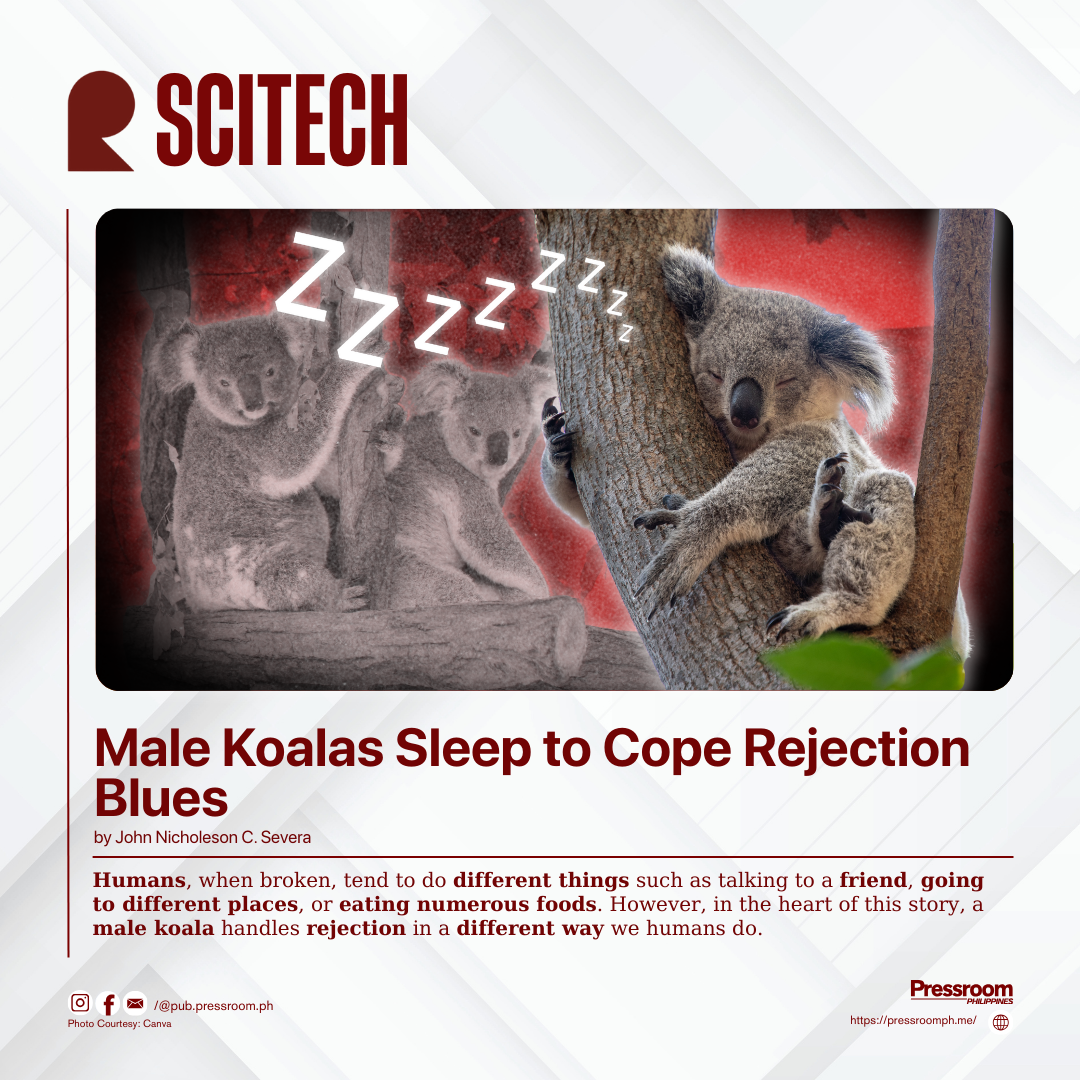via Shalea Montalban, Jaime Mariano, Pressroom PH
Cheating is one of the deepest wounds a person can inflict on another. It is not just the breaking of a promise—it is the shattering of a world built on trust. When someone cheats, it leaves behind questions that never seem to fade: Was I not enough? Was everything a lie? The pain lingers long after the act itself, echoing in silence, in doubt, in the inability to trust again.
For the Thrill
Scientists say part of the answer lies in how our brains are wired for reward. At the center of this is dopamine, a chemical messenger in the brain often called the “pleasure chemical.” Dopamine makes us feel good when we eat our favorite food, achieve a goal, or fall in love. But it also fires up when we encounter something new. That craving for pleasure can make an unfamiliar romantic or sexual partner especially exciting.
A study at the University of California found that the brain reacts to romantic feelings in the same way it responds to addictive substances like alcohol or cocaine: by releasing surges of dopamine. In another study, people with a variation of the DRD4 gene which is a gene that affects dopamine receptors in the brain, were more likely to report having cheated. In simple terms: their brains were more sensitive to the rush of pleasure.
Brain scans also show differences between people who stay faithful and those who don’t. Men in monogamous relationships had stronger activity in the brain’s reward system when shown photos of their partners, compared to men who reported being unfaithful. That suggests biology can make some people more loyal than others.
Into the Mind
But biology isn’t the whole story. Psychology plays a huge role in why people cheat.
One big factor is attachment style, or how people bond in relationships. Those who grew up with neglect or inconsistent care may develop insecure attachment—leading them to seek reassurance and connection outside their relationships when they feel ignored. A 2023 review of infidelity research found that people with insecure attachment were more likely to cheat, especially when they felt lonely.
Other emotional drivers include low self-esteem, unresolved trauma, and the need for validation. Studies show about 15 to 20 percent of married couples experience infidelity, and many of the reported reasons trace back to feeling unloved, unseen, or unsatisfied in their relationship.
Technology adds another layer. Social media and messaging apps make it easy to build secret connections. What starts as casual chatting can quickly cross into emotional or physical cheating. Researchers note that online infidelity is harder to detect and sometimes even harder for couples to forgive.
Choices
The research makes one thing clear: our brains may crave novelty, and our childhoods may shape how we attach to others, but none of these forces erase free will. Cheating still requires a decision; a moment when someone gives themselves permission to cross the line.
That choice leaves behind not just broken hearts, but ripples that affect families, friendships, and futures. And while science helps explain the urges, only personal responsibility explains the act.





